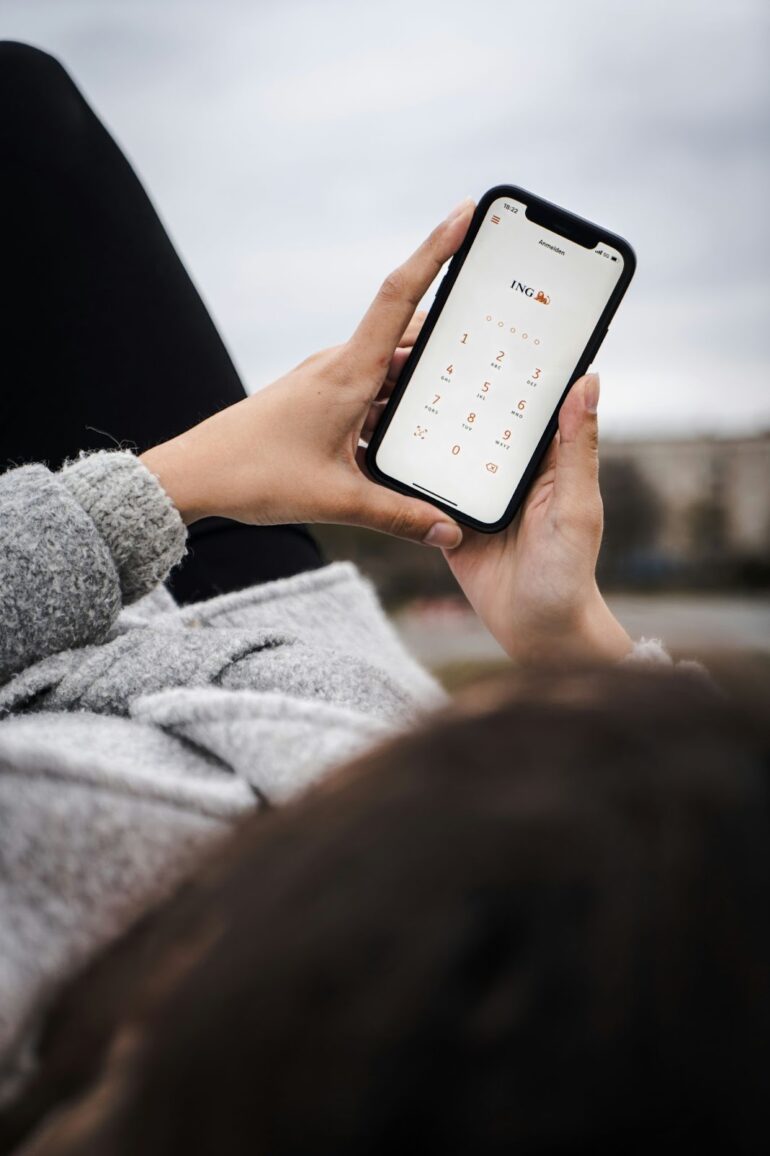If you’re still using “1234” as your PIN, it’s time for a change. A recent study by EarthWeb has revealed the most and least common PINs, shedding light on just how predictable and vulnerable many of our personal identification numbers truly are.
According to data gathered from over 3.4 million exposed PINs, a staggering 10.7% of them were the sequential combination “1234”. Rounding out the top three were “1111” and “0000”, collectively accounting for nearly 20% of the total PINs analysed.
These easily guessable patterns, often featuring repeated digits or significant dates, leave users vulnerable to brute-force attacks and unauthorised access to their sensitive information.
At the other end of the spectrum, the least commonly used PIN was “8068”, with a mere 25 occurrences out of the 3.4 million PINs examined. The top 10 least popular PINs lacked obvious patterns or personal significance, likely contributing to their obscurity.
Trevor Cooke, Privacy Expert at EarthWeb, emphasises the importance of choosing a unique and strong PIN. “A strong PIN should be treated with the same level of care as a password, as it serves as a critical line of defence against unauthorised access,” he says.
Cooke suggests several strategies for creating memorable yet secure PINs, such as using the word method (mapping letters to numbers on a telephone keypad), utilising meaningful but obscure dates, or developing personal patterns or acronyms.
“By choosing a unique and strong PIN, you can significantly reduce the risk of falling victim to cybercriminals and safeguard your personal and financial well-being,” Cooke advises.
As data breaches and identity theft become increasingly prevalent threats, taking proactive measures to protect your sensitive information is crucial. Regularly updating your PINs and avoiding the use of the same PIN across multiple accounts can further enhance your security.


